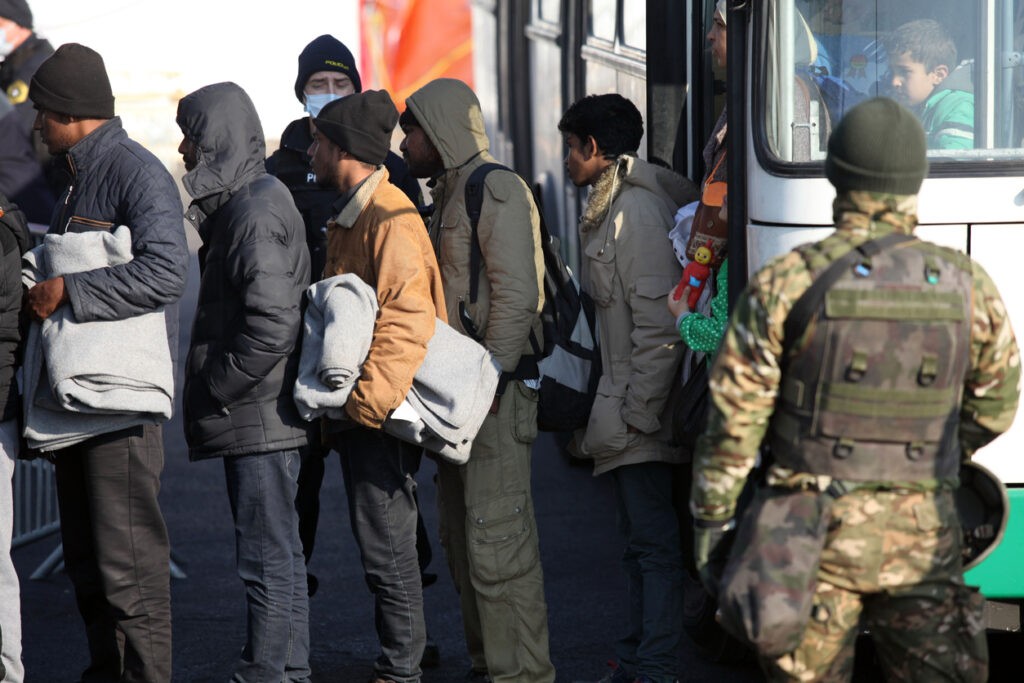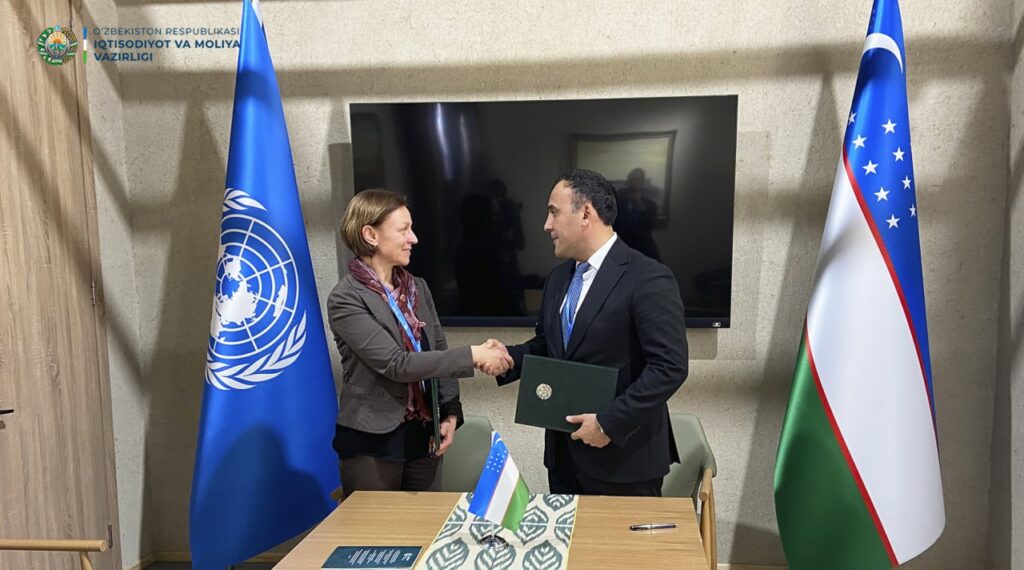Uzbekistan Enacts Law on “Undesirable” Foreigners
On November 15 a new law regulating foreign citizens deemed "undesirable" came into effect in Uzbekistan. The government claims that the strict measures, previously reported on by The Times of Central Asia in June, are aimed at safeguarding the country’s "sovereignty, security, and unity". The legislative process began on June 25 when Uzbekistan’s Legislative Chamber of the Oliy Majlis (parliament) approved amendments to the law on the legal status of foreign citizens and stateless persons. These amendments introduced the concept of “undesirable elements” among foreign nationals. The Senate subsequently approved the legislation on September 21, paving the way for its implementation. Under the new law, foreign citizens and stateless persons can be classified as undesirable if they can be said to: • Threaten Uzbekistan’s sovereignty, security, or unity; • Incite enmity or hostility; or • Disrespect the honor, dignity, or history of the Uzbek people. Those designated as undesirable face a five-year ban on entering Uzbekistan, opening bank accounts, purchasing property, participating in privatizations, or engaging in financial and contractual transactions. They are, however, permitted to sell or transfer any property they own within the country. If the grounds for being deemed undesirable are not addressed during the five-year ban, the restriction is automatically extended for another five years. Conversely, individuals may apply for early removal from the list if they resolve the identified issues or if the government recommends their delisting. Individuals deemed undesirable must leave Uzbekistan voluntarily within 10 days of receiving notification. Failure to comply will result in forcible deportation.
2 months ago



